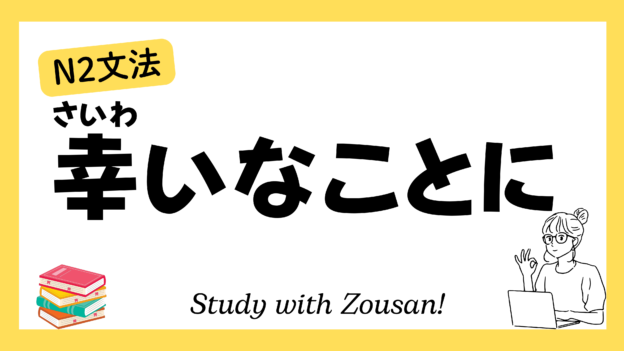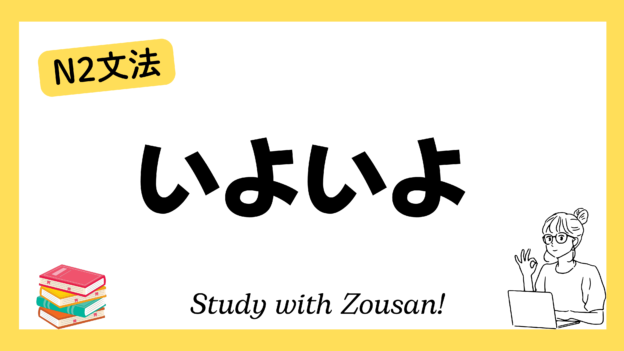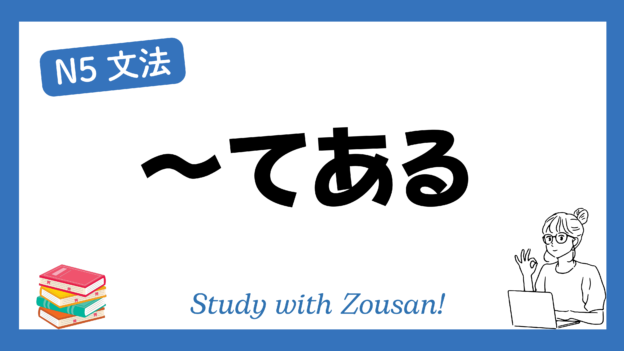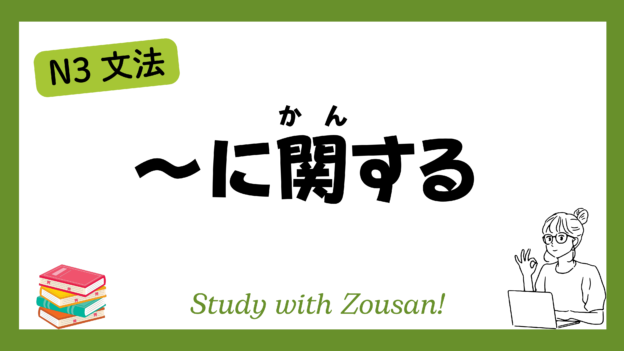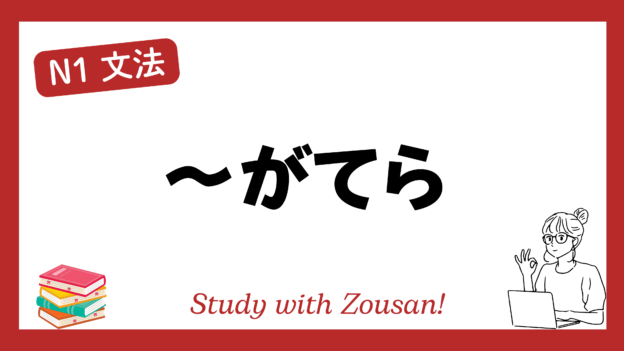N2文法:幸いなことに
Meaning: “Fortunately…” / “Luckily…”
The structure ~幸いなことに is used to express good luck or a fortunate event that occurred in a specific situation. It is often used at the beginning of a sentence to emphasize that a positive outcome or favorable condition has taken place, bringing relief or happiness to the speaker.
※Note:
・~幸いなことに often appears in recounting situations to express gratitude or luck when something good happens.
・This structure has a positive tone and is typically used in formal contexts or in writing.
Structure:
| 幸いなことに + Phrase |
Example:
-
-
-
🌟 幸いなことに、事故には巻き込まれなかった。
(さいわい な こと に、じこ に は まきこまれなかった)
Fortunately, I wasn’t involved in the accident. -
🌟 幸いなことに、天気が良くなったのでピクニックができた。
(さいわい な こと に、てんき が よく なった ので ピクニック が できた)
Luckily, the weather improved, so we could have a picnic. -
🌟 幸いなことに、財布を落としたが、親切な人が届けてくれた。
(さいわい な こと に、さいふ を おとした が、しんせつ な ひと が とどけて くれた)
Fortunately, I lost my wallet, but a kind person returned it to me. -
🌟 幸いなことに、病気は早期に発見された。
(さいわい な こと に、びょうき は そうき に はっけん された)
Fortunately, the illness was detected early. -
🌟 幸いなことに、試験は思ったより簡単だった。
(さいわい な こと に、しけん は おもった より かんたん だった)
Luckily, the exam was easier than expected. -
🌟 幸いなことに、家族全員が無事だった。
(さいわい な こと に、かぞく ぜんいん が ぶじ だった)
Fortunately, all my family members were safe. -
🌟 幸いなことに、会議は中止になったので、時間ができた。
(さいわい な こと に、かいぎ は ちゅうし に なった ので、じかん が できた)
Luckily, the meeting was canceled, so I had some free time. -
🌟 幸いなことに、道に迷わずに目的地に着いた。
(さいわい な こと に、みち に まよわず に もくてきち に ついた)
Fortunately, I reached the destination without getting lost. -
🌟 幸いなことに、彼は急速に回復した。
(さいわい な こと に、かれ は きゅうそく に かいふく した)
Fortunately, he recovered quickly. -
🌟 幸いなことに、チケットはまだ残っていた。
(さいわい な こと に、チケット は まだ のこって いた)
Luckily, there were still tickets left.
-
-



